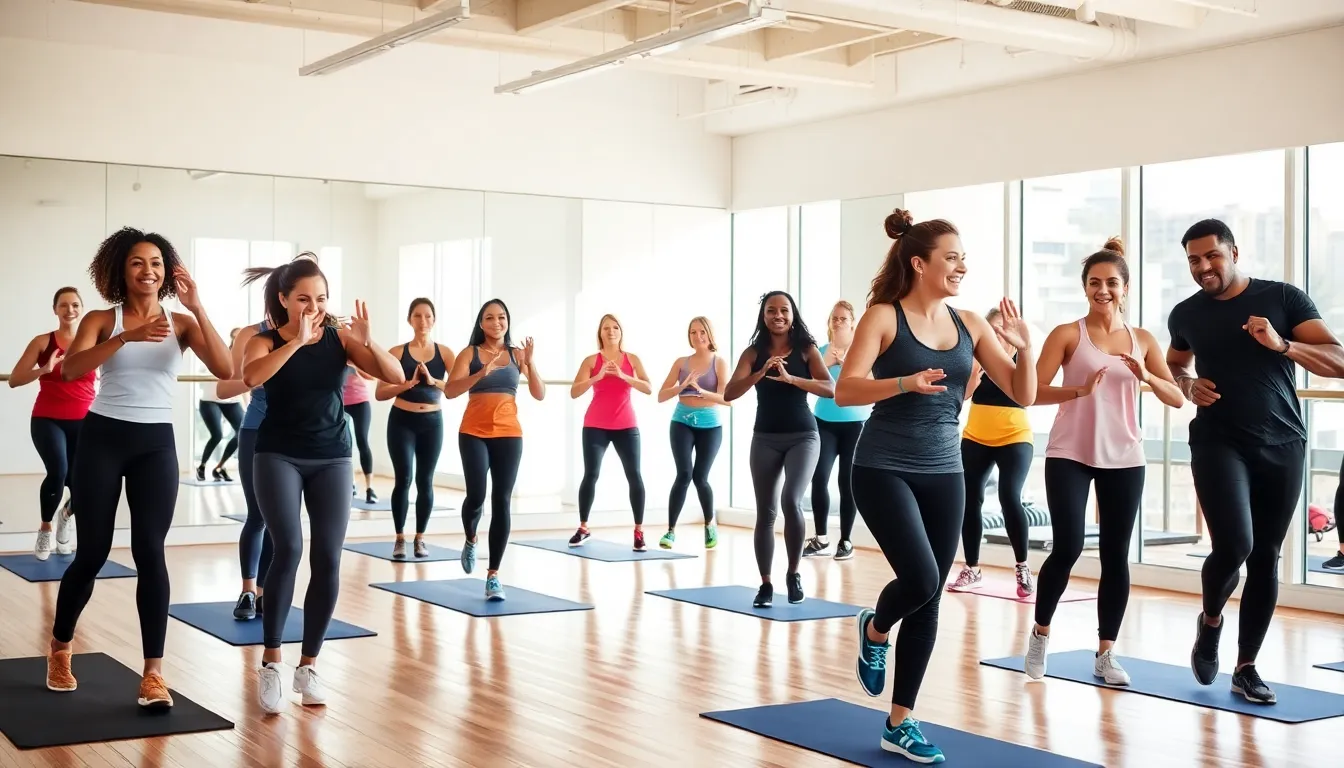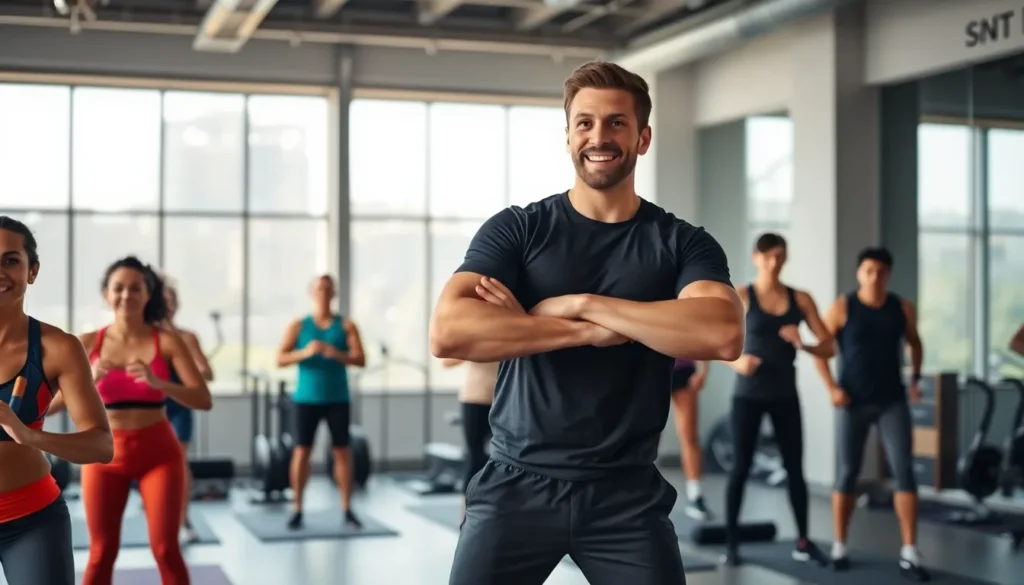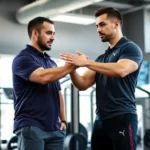Have you ever thought about what it takes to transform those enthusiastic gym-goers into fitness fanatics? Let’s be real – being a fitness instructor isn’t just about looking good in workout gear or having a six-pack. It’s about helping others achieve their health goals while flexing your own muscles (figuratively and literally.). In this text, we’ll dive deep into what it takes to become a fitness instructor, covering all the vital skills, certifications, and career opportunities that come with this exciting path. Whether you’re a seasoned health guru or a curious newbie, you’re in for a ride filled with insights and perhaps a chuckle or two.
Understanding the Role of a Fitness Instructor

Fitness instructors play an essential role in promoting physical wellness and helping their clients achieve specific health goals. They guide, motivate, and, at times, provide the gentle push needed to transform a sedentary lifestyle into a vibrant, active one. Unlike personal trainers who typically work one-on-one with clients, fitness instructors often lead group classes. They create engaging workout routines that cater to diverse fitness levels, ensuring everyone can participate without feeling overwhelmed.
Besides, they have a responsibility to maintain a safe workout environment. Correcting form, offering modifications, and keeping an eye on participants’ safety are part and parcel of the job. By fostering a positive and encouraging atmosphere, instructors make workouts not only effective but also enjoyable. Whether running a high-energy Zumba session or a relaxed yoga class, a fitness instructor’s energy can transform workout sessions into uplifting experiences.
Key Skills Required for Fitness Instructors
Success as a fitness instructor hinges on a blend of various skills. First and foremost, strong communication skills are vital. They need the ability to convey instructions clearly and motivate participants effectively. A good sense of empathy doesn’t hurt either: instructors must understand and respond to their clients’ struggles while fostering a supportive atmosphere.
Also, analytical skills are crucial. Instructors evaluate clients’ progress, monitor performance, and occasionally adjust plans to fit each individual’s needs. This adaptability ensures participants stay engaged and see results.
Knowledge of anatomy and exercise techniques is non-negotiable. Understanding how different exercises impact the body enhances instructor credibility and client safety. Finally, leadership skills can’t be overlooked. A confident instructor naturally inspires trust and enthusiasm, making classes more enjoyable for everyone.
Types of Fitness Instructor Certifications
Gaining certifications is a non-negotiable step in establishing credibility as a fitness instructor. Numerous organizations offer certifications, each catering to different specialties and fitness methodologies. For example, the American Council on Exercise (ACE) and the National Academy of Sports Medicine (NASM) are widely recognized for their comprehensive programs.
Also, there are niche certifications available for various fitness areas. If dance fitness is where they shine, pursuing a Zumba certification could be delightful. Similarly, instructors wishing to help others find tranquility can benefit from yoga certifications. The type of certification pursued often reflects an instructor’s personal interests and career aspirations, making it essential for them to choose wisely.
The Training Process: Steps to Becoming a Certified Instructor
Eager to become a certified fitness instructor? Here’s a step-by-step breakdown of the typical training process. First, solidify foundational knowledge by researching various fitness training programs and their requirements. Most programs have prerequisites about age and education, such as being at least 18 years old and having a high school diploma.
Continuing Education and Professional Development
The fitness industry is ever-evolving, with new trends and research emerging constantly. For this reason, continuing education is crucial. Many certification organizations require a certain number of continuing education units (CEUs) to maintain certification. This could involve attending workshops, enrolling in new courses, or even attending fitness conventions.
Staying updated allows instructors to offer updated techniques and knowledge, making them more marketable and effective. Engaging with peer discussions and online forums further promotes professional growth, allowing instructors to learn from one another while expanding their networks.
Career Opportunities and Specializations in Fitness Training
The realm of fitness instructor career opportunities is vast and varied. Individuals can choose to work in gyms, wellness centers, or even launch their own studios. Alternatively, they can explore specialized fields such as aquatic fitness, spin classes, or personal training.
Online coaching has become increasingly popular, giving instructors the chance to guide virtual fitness classes, cater to various global clients, and develop personalized workout plans remotely. This flexibility not only enhances work-life balance but also opens a plethora of unique opportunities.
The Importance of Personal Branding and Networking
Establishing a personal brand is crucial for fitness instructors. This involves crafting a unique style, philosophy, and presence that resonates with potential clients. Utilizing social media platforms to showcase expertise, share client success stories, and offer fitness tips can significantly enhance visibility.
Besides, networking is integral to thriving in the fitness industry. Attending workshops, industry conventions, or even local meet-ups helps forge connections with like-minded professionals. Such relationships can lead to collaborative opportunities, referrals, and insights into industry trends that keep instructors ahead of the curve.













